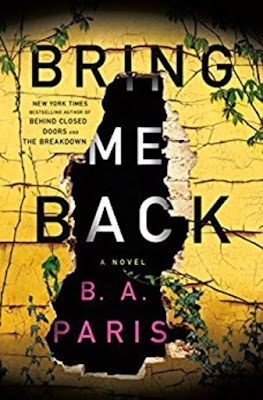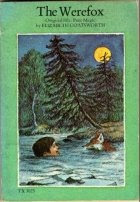58. The Pharaohs of Ancient Egypt by Elizabeth Payne
 The Pharaohs of Ancient Egypt by Elizabeth Payne (US) - (Canada) - (Kindle)
The Pharaohs of Ancient Egypt by Elizabeth Payne (US) - (Canada) - (Kindle)World Landmark Books, #59
Pages: 172 +index
Ages: 9+
Finished: Feb. 21, 2012
First Published: 1964
Publisher: Random House
Genre: children, YA, non-fiction, history
Rating: 5/5
First sentence: "On a sweltering August morning in the year 1799, the Egyptian sun beat down on a scene of frenzied activity in the Nile River Delta."
Publisher's Summary: "For more than 3,000 years, Egypt was a great civilization that thrived along the banks of the Nile River. But when its cities crumbled to dust, Egypt's culture and the secrets of its hieroglyphic writings were also lost. The Pharaohs of Ancient Egypt explains how archaeologists have pieced together their discoveries to slowly reveal the history of Egypt's people, its pharaohs, and its golden days."
Acquired: Bookmooched.
Reason for Reading: Read aloud to my son as part of our homeschooling studies.
This is my second time reading this aloud, as I read it about ten years ago to my eldest son and knew it was a winner. The book is written in a narrative storyteller voice with many anecdotes and amusing stories which make the history fun and interesting. The book starts with the modern day (1700s) rediscovery of ancient Egypt and the archaeological finds and public interest in this civilization which so little was known about at that time. Thus as the Rosetta Stone was found, the hieroglyphs translated and the language of the ancients opened up to researchers, the whole history began to unravel as archaeologists made discovery after discovery. The book then briefly goes chronologically through Ancient Egyptian history via its major Pharaohs and Dynasties stopping for greater detail on some of the more well-known and/or important ones. Starting with Menes and ending with Ramses II delightful portrayals of each Pharaoh and his times are given. My son was most eagerly involved in the story of Thutmose III, because of his warrior empire-expanding reign, secondly he was fascinated with Akenaton (as I myself am) because of the drastic changes he brought about and forced upon his people. These could have been good changes but unfortunately were detrimental to the empire as it was the beginning of the end of the powerful rule Egypt had once had.
The entire book is engaging, filled with so much information. We read half a chapter a school day, except for two very long chapters I split into three readings. Since most of the information is ancient history the book is not out-dated at all. Of course, modern findings are not mentioned. The picture of King Tut's death mask on this cover is misleading as he is only briefly mentioned in passing with Carter's finding of his tomb and his place in the order of Pharaohs. None of the past controversy surrounding his death or curses, etc. is even mentioned so that did not become an issue at all. The book is recommended for ages 9-12 and I think it is best suited for the upper end of that age range. Both my boys were 11/12 when I read it to them and the reading level is certainly Gr. 5/6. The book is in no way not suitable for older high school students. I'd even recommend it to adults wanting a crash course on the rise and fall of the Egyptian empire. A staple when studying Ancient Egypt. Recommended!


This sounds good for anyone who needs to be educatged on Egyptian history.
ReplyDelete